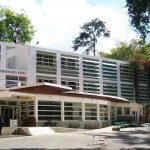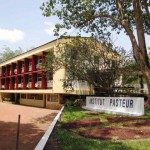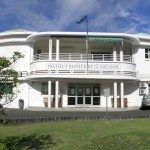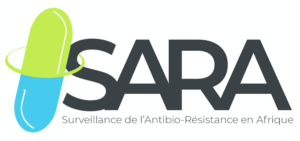About
Antibiotic resistance is one of the most serious threats to global health. The consequences for human health are particularly severe in low-resource countries, and in Africa in particular.
The SARA project is funded by the French Ministry for Europe and Foreign Affairs, and coordinated by Institut Pasteur in Paris, in partnership with the Institut Pasteur in Madagascar. The project initially involves five members of the Pasteur Network (the Pasteur Center in Cameroon, the Institut Pasteur in Madagascar, the Institut Pasteur in Morocco, the Institut Pasteur in Bangui and the Institut Pasteur in Dakar), as well as the Center National Hospitalier Universitaire Hubert Koutoukou Maga in Benin.
The ultimate goal is to contribute to define strategies to combat antibiotic resistance. The main objective of the SARA project is to collect, integrate, analyze and characterize data on antimicrobial resistance phenotypes, pathogens and genetic mechanisms in African countries, by creating a dedicated surveillance and research network.
A component of the project will deploy a “One Health” approach, where we will look at antimicrobial resistance also in animals and the environment, with the aim of defining coherent control strategies taking into account all relevant sectors of activity.
Antimicrobial resistance surveillance in clinical samples will focus on priority pathogens (Escherichia, Klebsiella, Salmonella, Shigella and Neisseria gonorrhoeae), defined sources (urinary and blood infections; diarrhea; genital infections) and community-acquired infections. Definition of resistance mechanisms and strains will be achieved by a genomic sequencing approach. Integrated data storage, management, sharing and analysis will make use of an innovative cloud-based data lake.
Training and capacity building actions will consolidate skills in medical biology, health ecology, and epidemiological and microbiological research on antibiotic resistance.
More info:



















